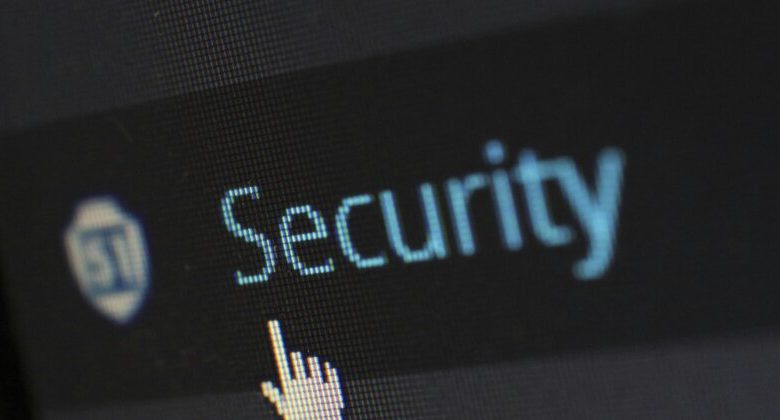How to Keep Your Online Accounts Secured?

Imagine seeing your emails stolen, your bank account empty, and odd messages you never made on social media all at once when you wake up one morning. Because fraudsters are always improving their ways of acquiring personal data, this terrible situation has become increasingly frequent than you might imagine. Securing your online accounts is not an option but a requirement in a time when daily lives are becoming increasingly digital.
Almost everything you do online involves an account – from financial information to private chats, and a poor security configuration can expose you to hackers. Luckily, you can drastically lower the danger of cyberattacks by using multi-factor and sensible security procedures.
Employ Secure and Distinct Passwords
One of the simplest methods for thieves to get into your accounts is using a weak password. Use a combination of capital and lowercase letters, digits, and unique characters to make a secure password.
Personal information that can be guessed easily like birthdays or basic terms should be avoided. Create exclusive passwords for every account instead and make sure they are at least 12–16 characters long.
Make Use of a Password Manager
Several complex passwords can be hard to remember. Highly secure passwords can be safely stored and generated for you by a password manager such as LastPass, 1Password, or Bitwarden. Your credentials will always be secure and readily available when you need them due to these tools.
Take Safety Measures When Playing Online
Cybercriminals frequently attack online gaming platforms like online casinos in an attempt to steal financial data. Appropriate cybersecurity practices are always necessary for gambling websites especially those that offer various games and real money casinos.
Fortunately, this website provides safe gaming environments where you can constantly utilize secure payment methods. Remember to always confirm a casino’s legitimacy before providing personal information.
Tips for Online Casino Security:
- Avoid bogus websites by only playing on platforms that are licensed and controlled.
- Don’t save your payment information on casino websites.
- Use prepaid cards and digital wallets instead of connecting your bank account directly
- Update your login information frequently to avoid unwanted access.
Maintain Up-to-Date Devices and Software
Security upgrades that address vulnerabilities are frequently included in software updates. Hackers obtain unauthorized usage of accounts and devices by taking advantage of outdated software.
Use a reliable firewall to ward off cyberattacks, allow updates by default for your operating system and apps and install your antivirus and anti-malware software on a regular basis.
The Value of Consistent Updates
You may be exposed to malware, phishing attacks, and other online dangers if you don’t update your software. Intentional hackers may use outdated software especially web browsers as entry points.
You can improve your digital safety and lower the chance of hacking attempts by keeping your software upgraded.
Avoid Conducting Sensitive Transactions Over Public Wifi
Public Wi-Fi networks are a prime location for hackers to acquire data because it is commonly unprotected. Strictly lock up the connection you use when browsing on public networks by using a VPN.
Use your mobile data or a personal hotspot for secured connectivity rather than using public Wi-Fi to access important accounts like banking.
Public Wi-Fi Threats
A technique known as Man-in-the-Middle (MITM) assaults makes it simple for attackers to get hold of data transmitted over public networks. It enables them to steal credit card numbers, login information, and other private information.
Use free Wi-Fi with caution at all times in cafés, hotels, and airports.
Pay Attention to Phishing Attempts
Phishing scams usually appear as reliable websites in order to trick users into sharing personal information. Usually, such assaults take the shape of fake messages or websites that mimic famous companies.
How to Identify These Efforts:
- Check for email addresses that change significantly from the proper ones or for inaccurate URLs.
- Avoid clicking sketchy links and attachments from unidentified sources.
- Validate personal information requests by getting in touch with the business itself.
Minimize the Online Sharing of Personal Information
Publicly accessible data is used by hackers in identity theft, fraud, and hacking efforts. Be attentive when posting on the internet and other websites. Make sure to update your social media account’s security settings to limit who can only see your relevant information.
Don’t make private information like your phone number or entire date of birth easily accessible. Before sharing financial information or work details give it careful thought.
You can control your digital life by considering these tips especially since online crime is on increasing levels. Be vigilant and prioritize cybersecurity in all of your online activities.




